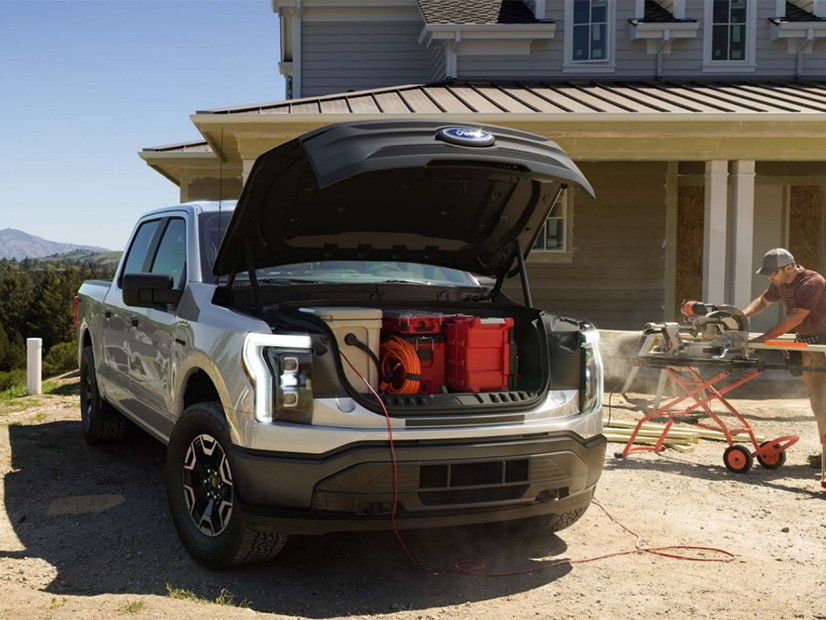LANSING, Mich. — Environmental, health and urban activists called last week for Michigan to up the ante on electric vehicles, saying the state should ban sales of new gasoline-powered cars by 2030 — five years earlier than the 2035 date set in August by the California Air Resources Board.
California’s decision could mean similar bans in 15 other jurisdictions — New York, Virginia, Connecticut, Delaware, Maryland, Maine, Minnesota, New Jersey, New Mexico, Nevada, Oregon, Pennsylvania, Rhode Island and Vermont, along with Washington, D.C. — which have tied their automotive rules to those in California. (See Calif. Adopts Rule Banning Gas-powered Car Sales in 2035.)
Michigan, the long-time home of the American auto industry, has never tied its automotive rules to those in California or any other state. And none of the participants speaking at the press conference Thursday mentioned California’s well-publicized action.
But in adopting its plan to be carbon neutral by 2050, Michigan already is calling for the state to have 2 million electric cars and trucks on the roads by 2030. Last year, General Motors (NYSE:GM) said it aspired to have 100% of its fleet electric, and Ford (NYSE:F) said it expected 40% of its vehicle sales would be EVs by 2040.
Having all new passenger vehicles sold in Michigan be EVs by 2030 shouldn’t be too far a stretch, said Amy Rogghe, chair of the Michigan Electric Vehicle Alliance.
“It will put Michigan in the driver’s seat” of leading other states to the same goal, she said.
The activists made their call for the state to allow only emission-free new car sales about one week after Democratic Gov. Gretchen Whitmer announced a new proposal, the MI Future Mobility Plan, that among other things calls for the state to install 100,000 electric chargers by 2030. The state’s Department of Transportation intends to use more than $100 million in federal funds to help finance the proposal.
While Rogghe acknowledged the price of electric vehicles is higher than gas models now, prices are coming down, more models are coming on to the market and the vehicles are cheaper to operate, when fuel and maintenance costs are factored in.
Many of the advocates speaking at the press conference touted the health benefits of a non-polluting fleet.
Kathleen Slonager, executive director of the Asthma and Allergy Foundation of Michigan, said switching to an all-EV fleet could reduce asthma in Michigan, where rates are higher than in other states. While improving gas mileage has helped reduce the levels of the disease, bringing rates down further must happen at a faster rate.
And Kareem Scales, executive director of the Greater Grand Rapids NAACP, said switching to all electric or other clean cars could have a big effect on the health of “black and brown areas” that suffer greater effects from air pollution. “We’re not asking people to give up their cars, just for cars to be carbon free,” he said.
No legislators were part of the press conference, and neither lawmakers nor Whitmer have endorsed the idea. Whitmer did back the state net-zero plan’s goal of 2 million EVs on the road by 2030 and called for the state to provide tax incentives to EV purchasers.
Participants said they have met with lawmakers to discuss legislation encouraging efforts to reach a 2030 goal, instead of promoting penalties for not reaching the goal.
Tim Minotas of the Sierra Club of Michigan and Charles Griffith, energy program director of the Michigan Ecology Center, also spoke in favor of the 2030 ban and Whitmer’s proposed tax credit.



